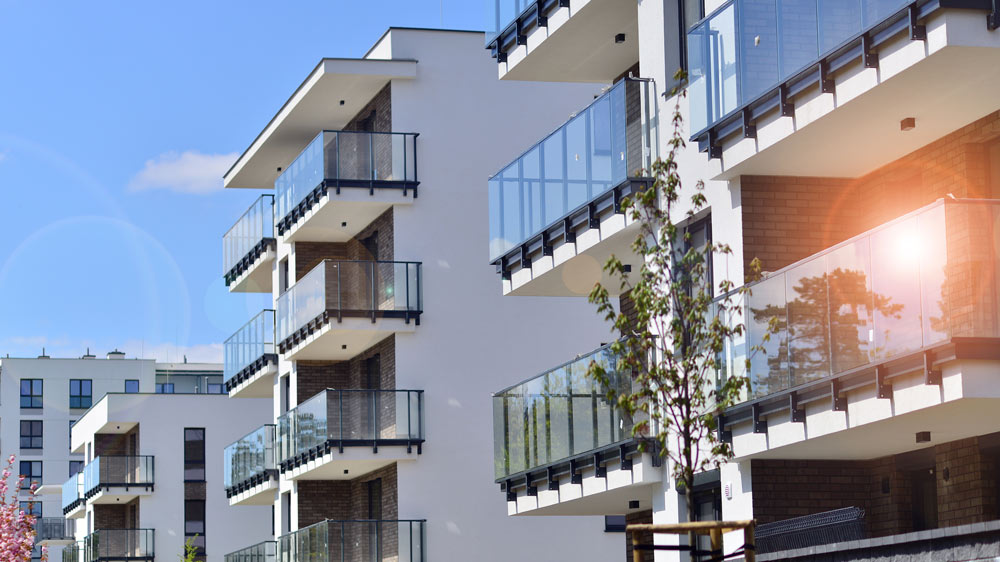Further to last month’s Kainga Ora First Home Loan topic, this month let’s share a few initial views on another hot topic for first home purchasers – is buying an apartment a better choice for me? As we crunch the affordability numbers, especially for our first home purchasers, buying an apartment has regularly been seen as a common alternative discussion. The quick answer is always – “It depends.”
Here we share our initial thoughts on what you will need to take into consideration when applying for funding to purchase an apartment.
Pros: In general, an apartment costs less compared to purchasing a standalone home, usually in convenient locations, with lower maintenance such as backyard work, cleaning, and maintaining the exterior of the building more likely under body corporate management. In some cases, it might also generate better investment yields and returns when renting the place out compared to standalone houses.
Cons: Compared with standalone houses, the sizes of apartments are usually more compact, offering less space. In terms of ownership structure, there is less land ownership compared to a standalone home, and capital growth (price appreciation) for apartments is usually smaller compared to homes. The body corporate fees/levies can vary significantly depending on the size of the apartment building. Generally, the more facilities or responsibilities a body corporate is responsible for, the more expensive the body corporate fee will be. In some cases, there might be higher annual operating costs through body corporate levies and property rates.
Things to consider when applying for Apartment residential lending:
- Ownership Structure (freehold title or leasehold title): There are LVR restrictions in terms of lending criteria or it might not fit into the lender’s risk appetite.
- Size of the apartment: There are minimum size requirements from different lenders.
- Location/Building quality: For those old-built apartments, a copy of the most recent General Meeting notes will be required to determine if any major maintenance issues occurred or ongoing issues such as improvement and/or weather-tightening, which could potentially impact the lender’s ability to lend against the apartment.
- Ongoing maintenance fees: Such as body corporate levies, property rates, insurances, etc. The lender will need to take those fixed costs as part of the committed outgoings during the lending application assessment.
Overall, the lenders/banks have very specific rules around apartment lending criteria about whether they will accept the proposed property as security on top of other general mortgage application requirements.
As always, we are aware that every person’s and business’s situation/financial goals are different, so it’s best to review your specific loan situation by contacting a qualified financial advisor.
Disclaimer: We recommend that you seek personalized professional advice from your trusted adviser before taking any action, as each applicant’s situation can vary. The above content is only general commentary.
Feel free to contact us to review your personal and business loan situation.



Comments are closed.